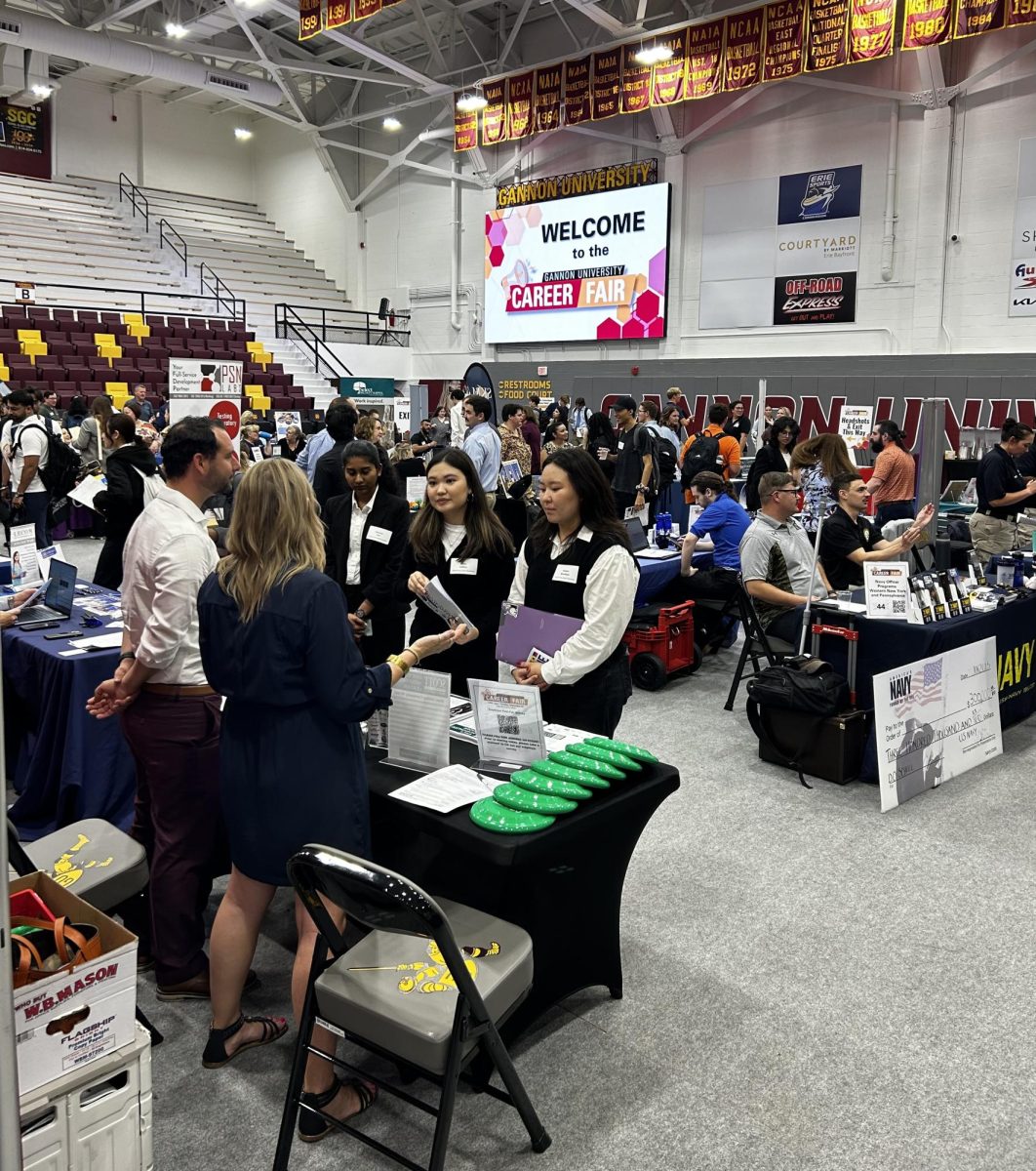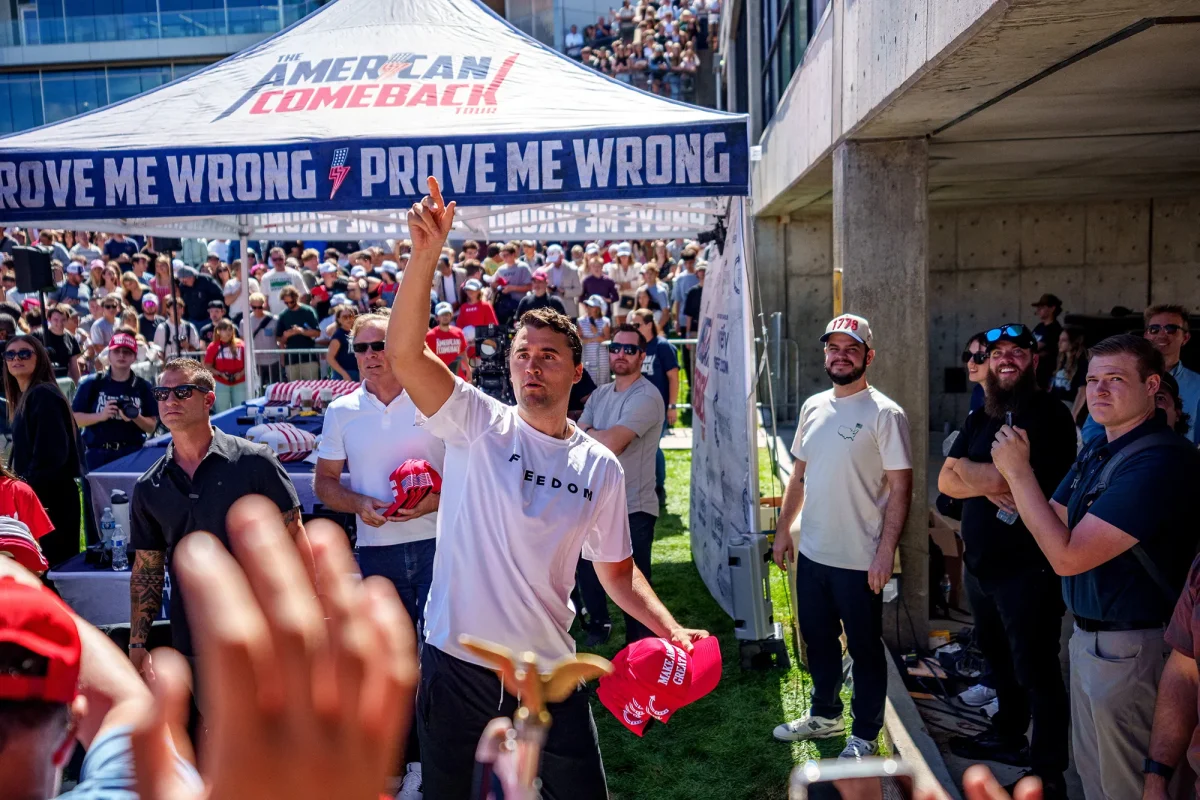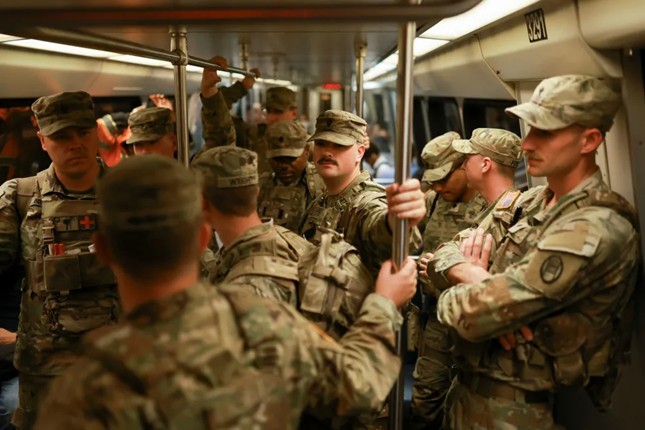There was a time when colleges were considered the hotbed of political activity, but as another presidential election rolls around, the political ideals at Gannon University are having a hard time finding their foothold.
Two groups, the College Democrats and College Republicans, are working hard to be recognized as full-fledged members of the Gannon clubs and organizations roster. According to Beth Shick, director of the office of Student Organizations and Leadership Development, both groups have been working toward approval and are very close.
However, as the final 2012 campaign debate was Monday and the election is around the corner, the window for high activity from either of these organizations is closing.
Jeff Bloodworth, Ph.D., associate professor of history and pending College Democrat adviser, said the activity is very normal every four years. Interest waxes and wanes with the time and the group actually began forming during the last presidential election in 2008.
But Bloodworth insists that a group focusing on politics is still needed in the off years.
“You need a group on campus where you can talk through political issues in a sophisticated way,” Bloodworth said. “It’s a sign of a healthy school.”
Pending College Republicans adviser, Douglas King, Ph.D., associate professor of English, echoes Bloodworth’s sentiment.
“I think it’s wonderful if both the College Democrats and Republicans are always active,” King said. “The more free speech and exchange of ideas, the better.”
King has been a part of the College Republican scene on Gannon for seven years. The first incarnation he was involved with disbanded some time ago, but the presence of a new College Democrats group prompted him to take action.
“In this election year it would be a shame if only one side of the political debate were actively being presented to and by students,” King said.
A pending member of the group, junior Eric Stormer, said that the students interested in College Democrats wanted to create the group to help make other students aware of the issues and government as a whole. Stormer and his associates hope that framework they establish is something that lasts more than two semesters.
“I think Gannon students are fairly aware politically, since much of Gannon’s core curriculum advances student thought on political issues,” Stormer, a political science major, said. “There is definitely room to expand student awareness.”
Students not involved in the forming of these groups also recognize the need for such organizations on campus.
“I think it helps educate the people who wouldn’t otherwise get involved,” Brianna Woods, a sophomore theater and communication arts major, said. “It encourages students to get involved with government.”
But not every student is as vocal and recognizes the place for groups like the College Democrats and College Republicans.
Conor Grey, a junior pre-med biology major, said that since he doesn’t find himself in either party, it doesn’t really affect him.
But even with faculty support the groups are having trouble getting off the ground.
Bloodworth said the approval process was too difficult and said he think it needs to be reworked to make it easier for students.
Jared Schaaf, the pending president of the College Democrats, was not available for comment, but Coryn Reiser, another pending executive board member, said that she had worked hard to get the group up and running, but was met with hurdles repeatedly.
According to Bloodworth, the group’s inability to get the final stamp of approval is not a sign of the political mentality on campus. Rather, there is an interest and a need for these types of organizations on campus.







